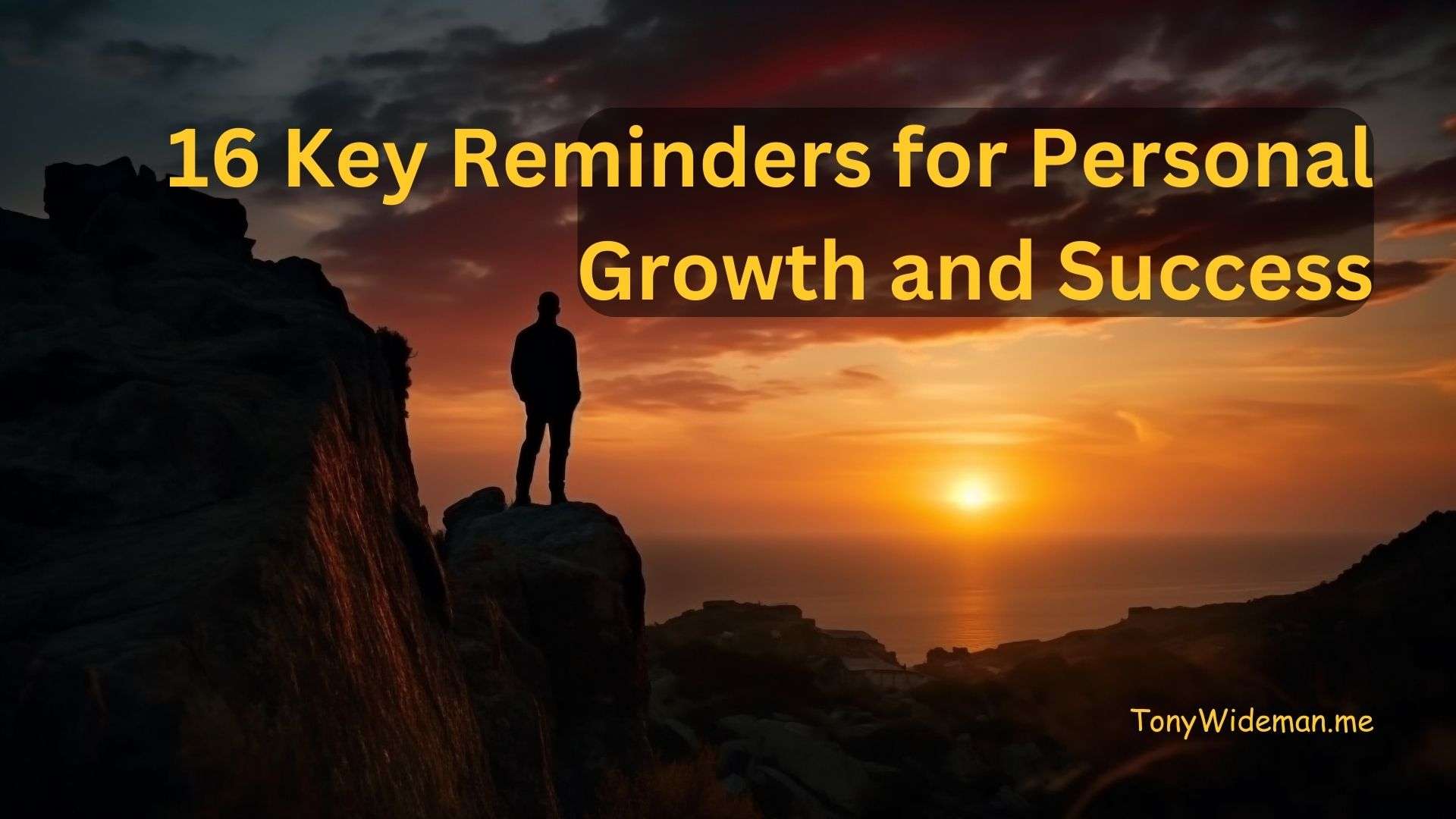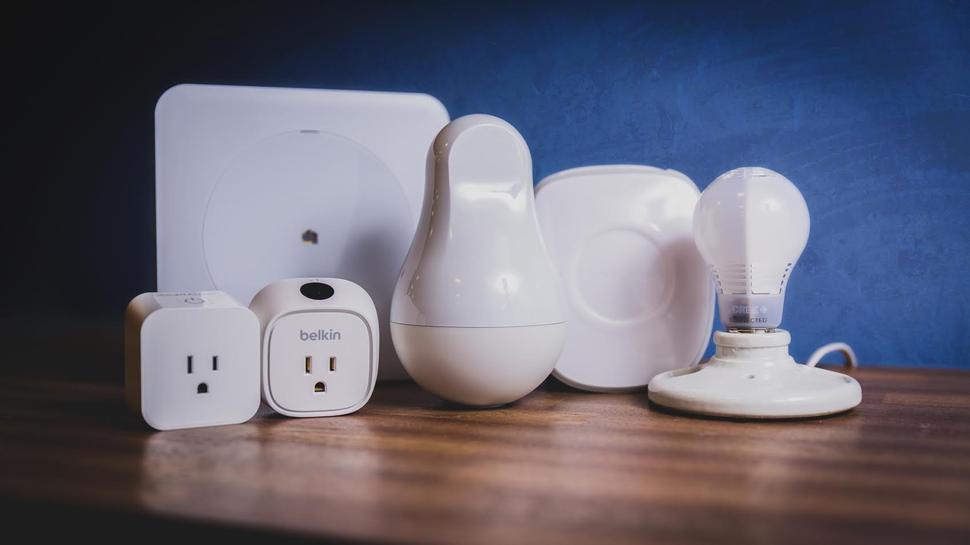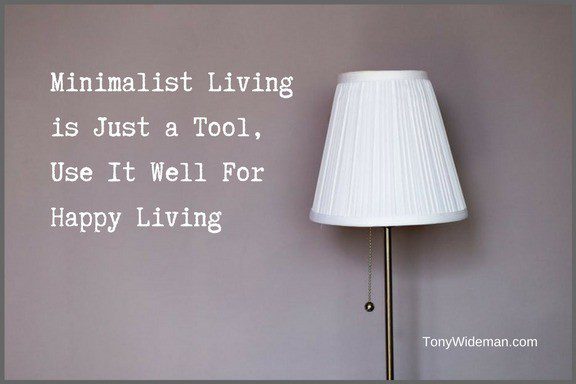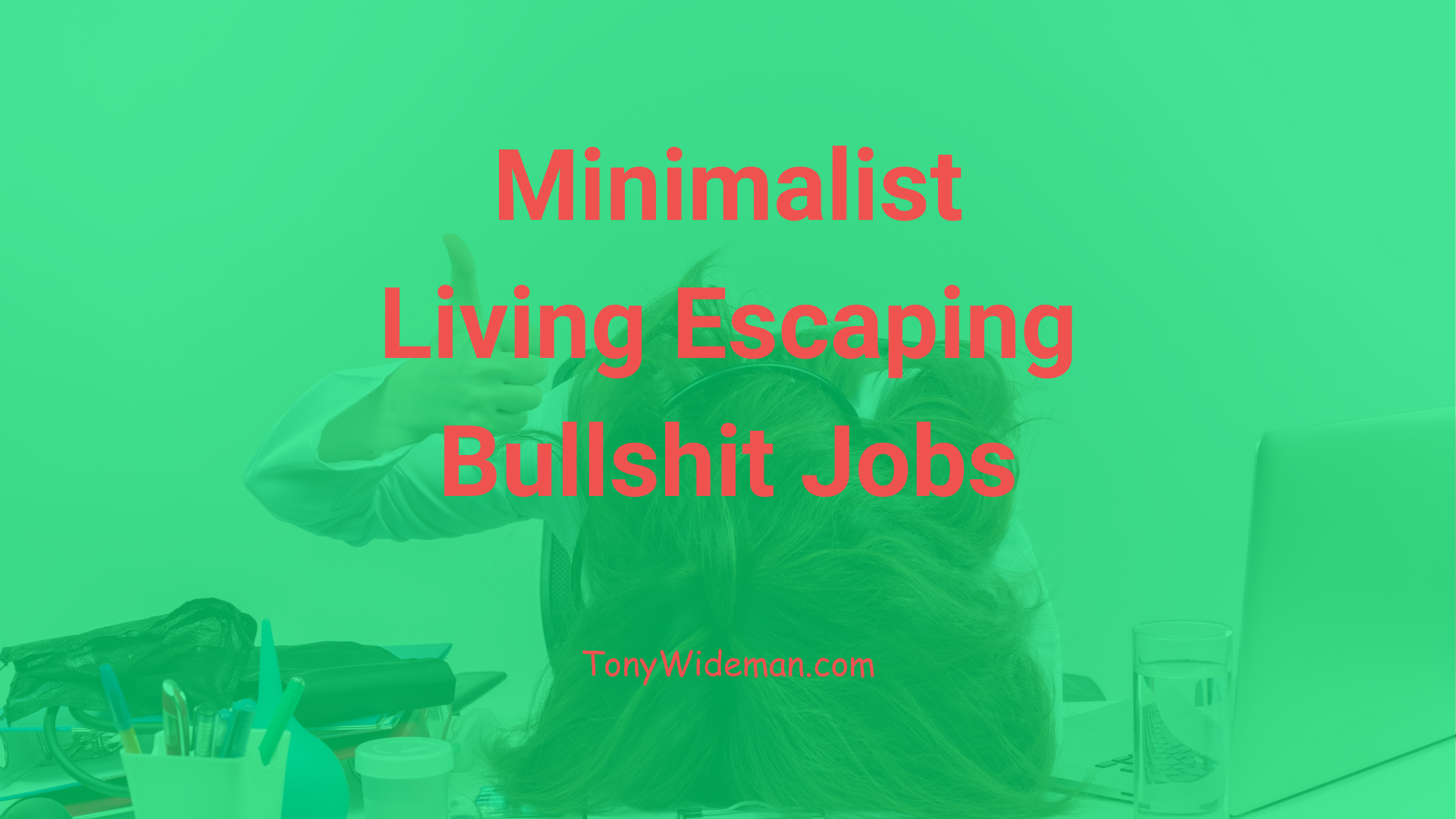Can Minimalism Go Too Far To Be Beneficial?
Introduction
The philosophy of minimalism has gained significant traction. The idea of decluttering our lives, both physically and mentally, and focusing on what truly matters resonates with many.
However, as with any ideology, there’s a question that arises: Can minimalism go too far? Is there a point where the pursuit of simplicity becomes detrimental?
In this post, we will explore the nuances of extreme minimalism and discuss how to strike the right balance between simplicity and functionality.
The Allure of Minimalism
Embracing Simplicity
Minimalism advocates for owning only what we need and finding joy in the essentials. The idea is to eliminate distractions, reduce stress, and create a more intentional lifestyle.
This approach can lead to an enhanced clarity of thought and a deeper appreciation for the things that we already have and truly bring us happiness.
Environmental Impact
Minimalism aligns with sustainable living. By reducing consumption, we decrease our carbon footprint and contribute to a healthier planet.
This angle has resonated with eco-conscious individuals who are concerned about the environmental consequences of overconsumption.
When Minimalism Goes to Extremes
The Pitfalls of Perfectionism
While minimalism encourages simplification, extreme practitioners may develop perfectionistic tendencies.
The relentless pursuit of an immaculately minimal space can lead to anxiety and dissatisfaction, defeating the purpose of minimalism itself.
Neglecting Functionality
At times, the drive for minimalism might overshadow functionality. Living with only bare essentials can lead to a lack of convenience and comfort.
For instance, an excessively minimalistic living space might sacrifice necessary furniture for the sake of aesthetics.
Impact on Emotional Connections
Personal possessions often hold sentimental value. Extreme minimalism that disregards sentimental attachments might lead to a sense of detachment and emotional alienation, as cherished memories are discarded in the name of simplicity.
Striking the Right Balance
Mindful Curation
Rather than ruthless purging, a balanced approach involves mindful curation. Keep items that serve a purpose or hold sentimental value.
This way, you can enjoy the benefits of minimalism without sacrificing functionality or emotional connections.
Designing for Purpose
Functionality should be a key consideration when embracing minimalism. Every item in your living space should serve a practical purpose.
Opt for versatile and multi-functional pieces that enhance both the aesthetic and the usability of the space.
Embracing the Joyful
Minimalism shouldn’t be joyless. Instead of merely discarding items, focus on surrounding yourself with things that genuinely bring you joy.
This approach ensures that your space is both aesthetically pleasing and emotionally fulfilling.
Conclusion
In the pursuit of minimalism, finding the right balance is crucial.
While the core principles of simplicity and intentionality hold immense value, taking minimalism to extremes can have unintended consequences.
By adopting a thoughtful and purpose-driven approach, you can enjoy the benefits of minimalism without sacrificing functionality or emotional well-being.
[adrotate group=”9″]
[adrotate group=”12″]
FAQs About Minimalism
1. Is minimalism only about decluttering physical spaces? Minimalism extends beyond physical spaces. It’s also about decluttering mental spaces, focusing on essentials, and simplifying various aspects of life.
2. Can a minimalist lifestyle lead to isolation? While minimalism encourages intentional living, it doesn’t necessarily lead to isolation. It’s important to strike a balance between social connections and personal space.
3. Is minimalism suitable for families with children? Yes, minimalism can be adapted to family life. The focus shifts to quality over quantity, teaching children the value of what truly matters.
4. What if I have sentimental attachments to objects? Minimalism encourages letting go of what no longer serves you. However, it’s okay to keep items with sentimental value as long as they enrich your life.
5. How can minimalism benefit my mental well-being? Minimalism can reduce mental clutter, leading to increased focus, reduced stress, and improved overall mental well-being.






EYE OPENING FOR SURE!
Awesome content … I find addressing the facts of your cluttered lifestyle is the first step to rectifying the chaos!
I learned it the hard way after losing a life of handpicked one of a kind antiquing finds and storing them way to long in ATL that if it’s not being used generally ~ get rid of it without emotional attachment.
Your info is right on point as usual. Glad to be onboard. The glaring truth of holding junk is evident in our everyday lives! FYI… Cannot believe our sweet awesome son is now 26 years old (8/27/97) and your gorgeous smart grand daughter is now 4 years old (8/16/19). Thank you
~ Me